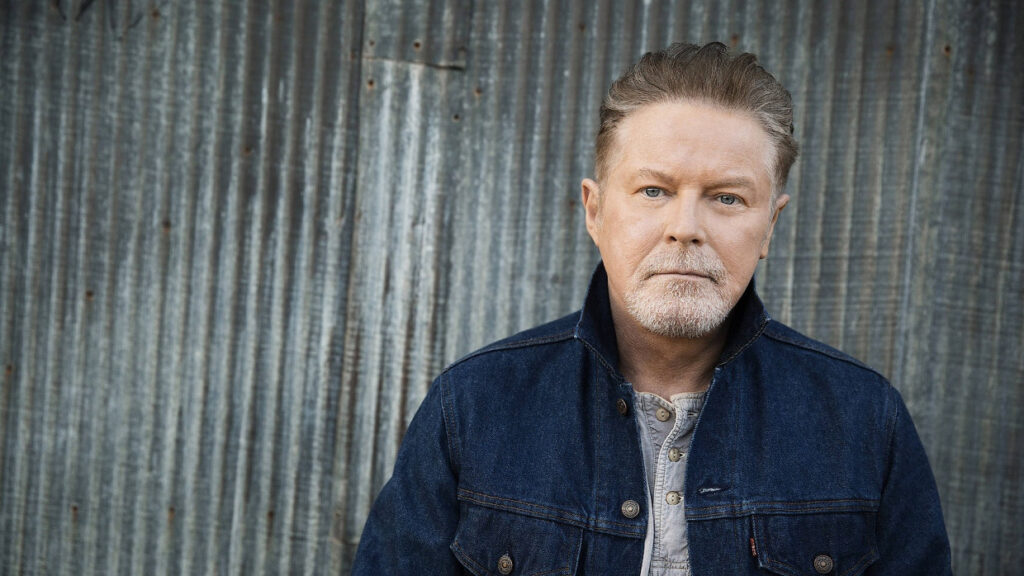
A Meditation on Youth, Loss, and the Shadows Cast by Time
When Don Henley released “The Boys of Summer” in October 1984 as the lead single from his sophomore solo album, Building the Perfect Beast, he delivered more than a chart-topping hit; he gave us an elegy wrapped in synths and memory. The song climbed to No. 5 on the Billboard Hot 100 and won a Grammy Award for Best Male Rock Vocal Performance. But far more enduring than its accolades is its haunting emotional weight—a melancholic anthem that speaks to the erosion of idealism and the irreversible passage of time.
Co-written with guitarist Mike Campbell of Tom Petty and the Heartbreakers, whose atmospheric demo originally caught Henley’s ear, “The Boys of Summer” emerged during a period of sonic transition in rock music. The early ’80s had given rise to the polished sheen of synthesizers and drum machines, yet Henley found a way to imbue these tools with aching humanity. From the opening arpeggiated guitar riff to the wistful electronic textures that drift like sea fog through the track, every element feels designed not just to evoke nostalgia—but to confront it.
Lyrically, Henley excavates personal and generational memory with surgical precision. “Nobody on the road / Nobody on the beach” begins as a quiet observation, but soon blossoms into something more profound—a reflection on emptiness, solitude, and the vanishing illusions of youth. The titular “boys of summer” are not just literal figures; they are metaphors for lost innocence, faded love, and the endless pursuit of something already gone. When he sings, “I can see you / Your brown skin shining in the sun,” it is less about recollection than it is about longing—for a moment, for a feeling, for an identity once worn like a badge.
One of Henley’s most poignant lines—“Out on the road today I saw a Deadhead sticker on a Cadillac”—encapsulates the core tension of the song: the collision between youthful rebellion and adult compromise. It’s a single image freighted with meaning: counterculture reduced to bumper-sticker memory, idealism sold to material comfort. This one lyric stands as a thesis statement for an entire generation grappling with who they were versus who they became.
Musically, Campbell’s understated guitar work provides both propulsion and restraint, while Henley’s vocals—tinged with gravel and grace—guide us through an interior landscape where sunlit beaches now echo with ghostly footsteps. There’s no bombast here; only reverie and reckoning.
“The Boys of Summer” endures because it understands what we often refuse to admit: that time moves in one direction, and no matter how brightly we once burned under July skies, even endless summers must fade into memory.